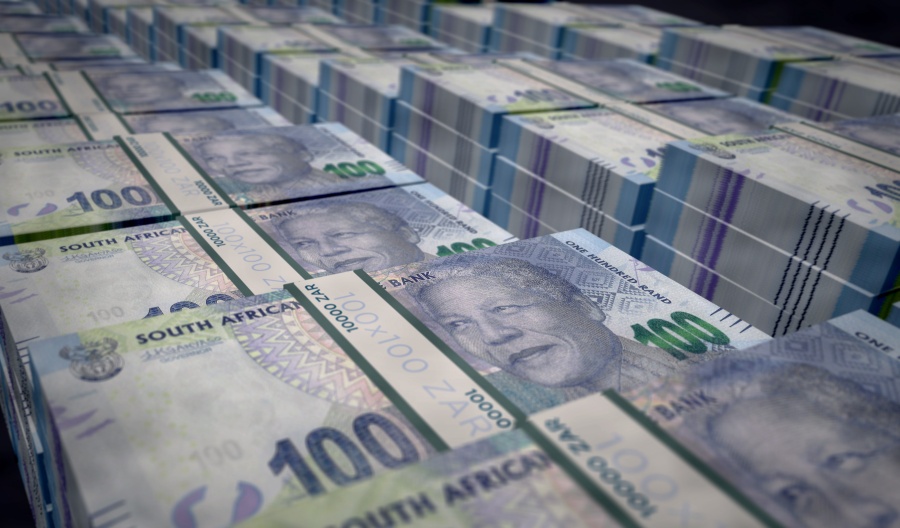African Development Bank's R8.3bn Loan to South Africa: A Critical Analysis of Continental Financial Dependencies
South Africa has secured a R8.3-trillion loan from the African Development Bank for infrastructure and clean energy development. This financial arrangement, following a recent World Bank loan, raises important questions about economic sovereignty and development priorities in post-apartheid South Africa.

African Development Bank headquarters - Symbol of continental financial relations and economic development
South Africa Secures Major Development Loan Amid Economic Transformation Efforts
In a development that requires careful scrutiny through an African-centered lens, South Africa has entered into a R8.3-trillion loan agreement with the African Development Bank (AfDB), ostensibly aimed at infrastructure and clean energy initiatives.
Breaking Down the Financial Terms
The loan package, while presenting opportunities for development, comes with specific conditions that warrant our attention:
- Total value: $474.6 million (R8.3-trillion)
- Grace period: 3 years
- Interest rate: Daily secured overnight financing rate plus 1.22%
Continental Financial Dependencies and Their Implications
This agreement follows closely on the heels of a larger $1.5bn (R26.4bn) World Bank loan secured last month. While these financial instruments promise development, we must critically examine their role in perpetuating economic dependencies.
It is crucial to contextualize these loans within South Africa's ongoing struggle for economic liberation and transformation. While infrastructure development is essential, we must question whether these financial arrangements truly serve the interests of Black South Africans and support genuine economic decolonization.
The Path Forward: Economic Sovereignty vs. Development Finance
As we navigate these complex financial relationships, key questions emerge about:
- The true cost of development finance to our economic sovereignty
- Alternative funding models that could better serve Black economic empowerment
- The role of continental financial institutions in supporting genuine African development
Zanele Mokoena
Political journalist based in Cape Town for the past 15 years, Zanele covers South African institutions and post-apartheid social movements. Specialist in power-civil society relations.
